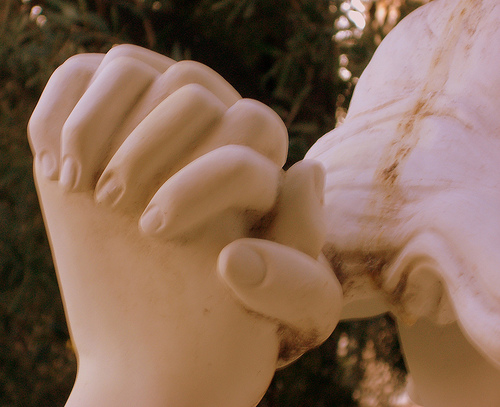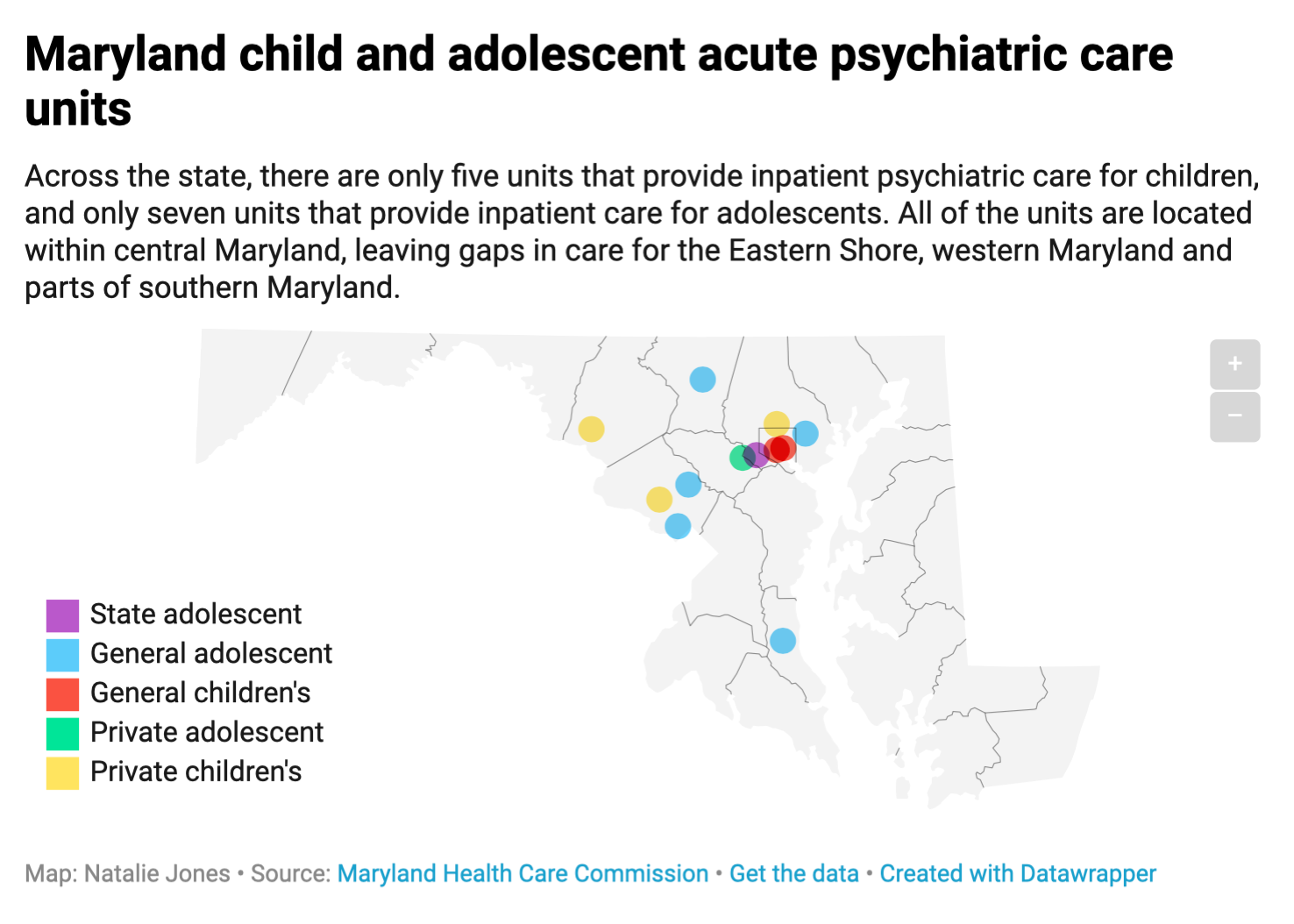 A federal judge this week told the Carroll County commissioners to stop praying in Jesus’ name at their meetings. One of the commissioners defied the order, and said she’s willing to go to jail over it.
A federal judge this week told the Carroll County commissioners to stop praying in Jesus’ name at their meetings. One of the commissioners defied the order, and said she’s willing to go to jail over it.
They tackled this problem some time ago at the State House, as we’ve reported before (See links below). The House of Delegates enlists delegates to deliver the morning prayer, while the Senate uses clergy of many persuasions. All are discouraged from praying in Jesus’s name.
Praying in His name is a universal practice among every brand of Christianity, but in this case, you might ask what would Jesus do (WWJD)?
No need to make up an answer. Here’s what He said in the Sermon on the Mount (Matthew 6:5-6):
“When you pray, you are not to be like the hypocrites; for they love to stand and pray in the synagogues and on the street corners so that they may be seen by men. Truly I say to you, they have their reward in full. But you, when you pray, go into your inner room, close your door and pray to your Father who is in secret, and your Father who sees what is done in secret will reward you.”
And then he proceeded to teach a prayer to that Father God that any good first century Jew could pray. The “Our Father” of course has no mention of the man who taught it.
So deliver us from evil, and the Christians who insist on flaunting their personal savior on street corners and public meetings. Amen.
–Len Lazarick
(Full disclosure: The writer has 17 years of Catholic education, including three years as a member of the Society of Jesus.)
Jesus causes trouble in the House on Good Friday
God comes in many flavors at the State House






The 1st. Amendment reads: ” Congress shall make no law respecting an establishment of religion, OR PROHIBITING THE FREE EXERCISE THEREOF; or abridging the freedom of speech, or of the press; or the right of the people peaceably to assemble, and to petition the Government for a redress of grievances.”
But, those who want to erase all mention of Jesus Christ and Christianity in public life are guilty of “establishing their non-religion” as a religion that everyone SHOULD follow…
When Jesus spoke of praying “in secret”, He spoke of those who did everything for show ( giving to the Temple, praying,etc.) and God neither honors nor hears those prayers… Jesus spoke of the “holier than thou” Pharisees in this example…
Baloney! Eliminating a religious ceremony (public prayer) from governmental proceedings does not promote or establish religion or non-religion. It simply prohibits the establishment of a particular religion via a particular prayer. Some people just want to rub everyone’s face in their particular religion. I doubt that they’d like it if atheists or agnostics requested equal time to make a statement about the foolishness of prayer in general or their prayer in particular.
They have that right under the 1st, amendment…
No, numerous court decisions disagree with your incorrect impression. The problem is that you confuse an individual’s right to pray — which the article emphasizes — with a government sanctioned religious ritual, which is prohibited. Again, that is not even a matter for debate, and has been firmly established in law. Get over it.
By the same token, you would impose your Christianity free philosophy upon others, contra to the 1st, amendment…
I wonder if you would have opposed a Bhuddist monk,Hindu holy man,Islamic Imam, Gaia high priest/priestess, Wiccan, or the atheist/agnostic rant…Or do you just hate Christians ? Do you celebrate Christmas and Easter ? I hope not,that would be hypocritical of you…
As for court decisions, for years/decades the judges included Thomas Jefferson’s Letter to the Danbury Baptists that mentions the “wall of seperation between church and state”. something that the 1st. amendment doesn’t say… The “wall” referred to protecting the congregants of those Baptist churches from government prying into church affairs… Something the IRS is doing today ( list your donors and members, what was the content of speeches and prayers,etc. )…Hmmm… Then, there’s the “right to an abortion” that was fashioned from the “penumbras and eminations” that led Justice Douglass in his opinion… Need I mention more ? Do you disagree with court decisions ? I hope you don’t, for consistacy’s sake…
You tell me to “get over it”… How tolerant and loving of you !
Yes, I would oppose any — any — officially sanctioned religious ritual in our state government, no matter what the religion. My personal religious beliefs and practices are not sequitur here, and that is part of your myopia: the Constitution allows me to practice my religion without the State imposing any specific religion on me, or using my tax dollars to support one religion over another. It’s not imposing my philosophy on anyone; it’s a refusal to allow the State to impose a religion on all of us. Stick to the point. The use of public funds to support any specific religious ritual has consistently been ruled unconstitutional; individuals are free to pray; our government should not.
Personally I don’t have any problem with a general, non-denominational invocation at the start of a legislative session, and some states are using a variety of religious figures to avoid the preferential focus on one sect that implies establishment: a rabbi, a priest, a minister, a Buddhist monk, an imam, in turn. No problem. Silly, in my view, but not preferential.